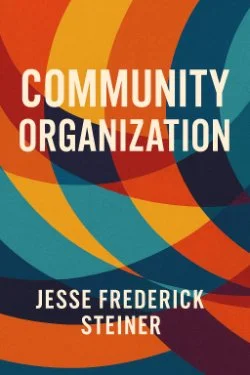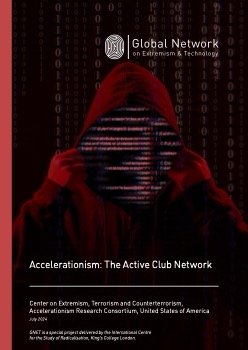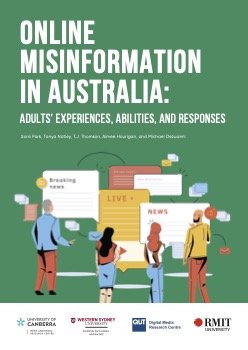By Albert Edward Wiggam. Introduction by Colin Heston.
Albert Edward Wiggam’s The Fruit of the Family Tree (1924) occupies a distinctive place in the intellectual landscape of early 20th-century America, where science, social reform, and cultural optimism converged. Wiggam, a prominent science writer and lecturer, sought to popularize the principles of heredity and evolution for a general audience, framing them as tools for personal and societal improvement. His work reflects the era’s fascination with genetics and its implications for human progress—a fascination that often intersected with the controversial discourse of eugenics.
At its core, Wiggam’s book argues that the family is not merely a social institution but a biological continuum, transmitting physical, mental, and moral traits across generations. He contends that understanding these hereditary forces is essential for shaping character, guiding marriage choices, and fostering the “betterment” of humanity. This perspective resonated with contemporary movements advocating scientific approaches to social problems, yet it also raises critical questions about determinism, individual agency, and the ethical boundaries of applying biological principles to human affairs.
Historically, The Fruit of the Family Tree emerged during a period of optimism about science’s capacity to engineer progress. The rediscovery of Mendelian genetics and the rise of evolutionary psychology fueled public interest in heredity, while the eugenics movement—then regarded by many as progressive—sought to apply these insights to improve population quality. Wiggam’s writings, widely read and influential, exemplify this cultural moment: they blend scientific exposition with moral exhortation, urging readers to consider the long-term consequences of their choices for future generations.
Upon its publication, The Fruit of the Family Tree was warmly received by a public eager for accessible scientific knowledge. Wiggam’s engaging style and ability to translate complex biological concepts into practical advice made him a popular figure on the lecture circuit and in print. The book was praised for its clarity and its alignment with contemporary ideals of progress and rational planning. Many readers embraced its message as a guide to responsible parenthood and social improvement.
However, the legacy of Wiggam’s work is more complex. While his writings contributed to the popularization of genetics and the notion of “scientific living,” they also reinforced ideas that later came under ethical scrutiny. His advocacy of selective breeding and emphasis on hereditary “quality” aligned with mainstream eugenics discourse, which would eventually be discredited due to its association with coercive policies and discriminatory practices. Today, scholars view Wiggam’s work as emblematic of a historical moment when optimism about science blurred into prescriptive social engineering.
Despite these controversies, The Fruit of the Family Tree remains significant as a cultural artifact. It illuminates the interplay between science and social ideals in the early 20th century and invites reflection on the enduring tension between biological determinism and human freedom. In revisiting Wiggam’s text, modern readers confront not only the aspirations and anxieties of a bygone era but also the cautionary lessons about the ethical use of scientific knowledge in shaping human destiny
Read-Me.Org Inc. New York-Philadelphia-Australia. 2025. p.234.





















